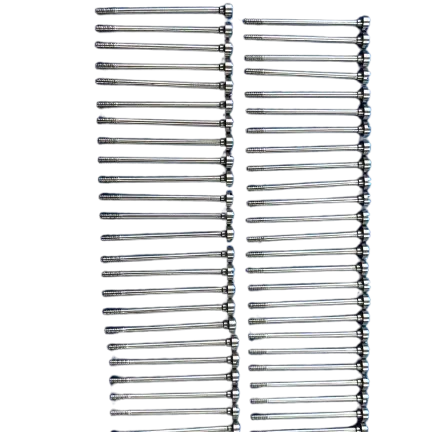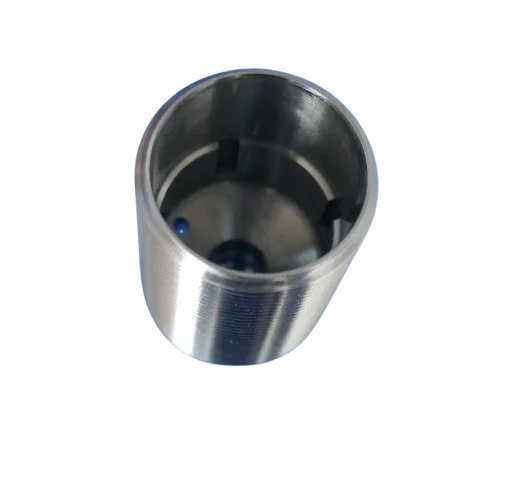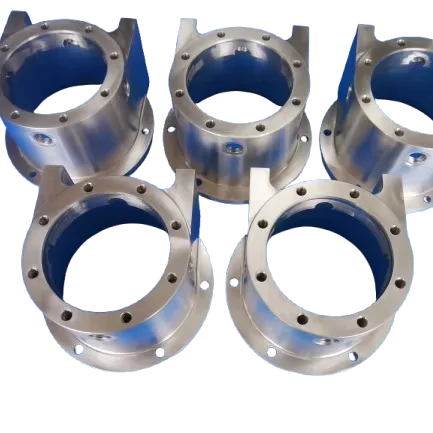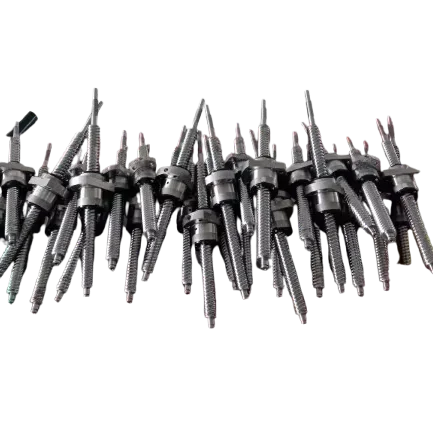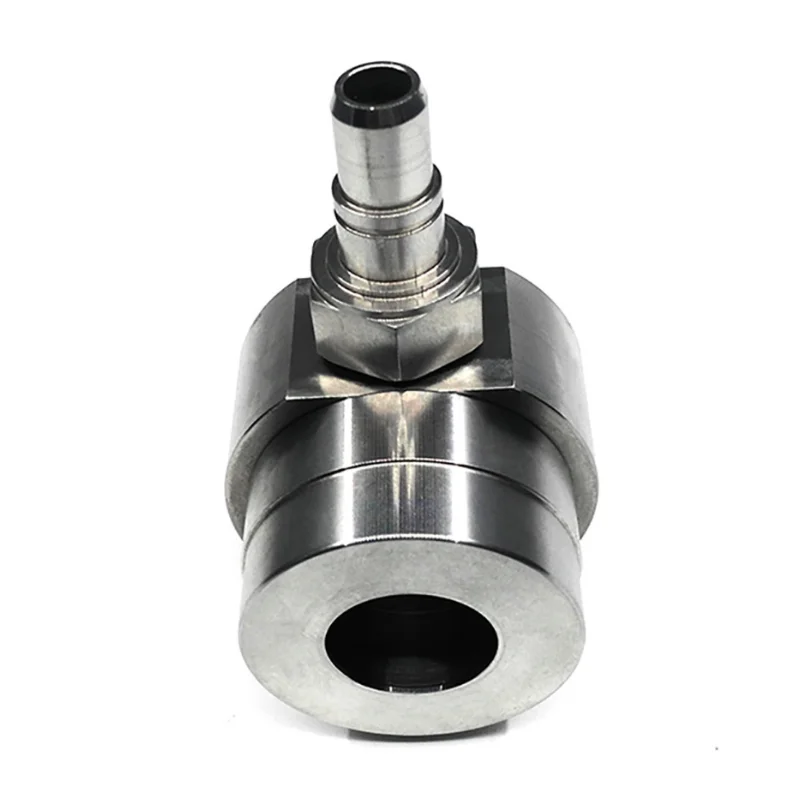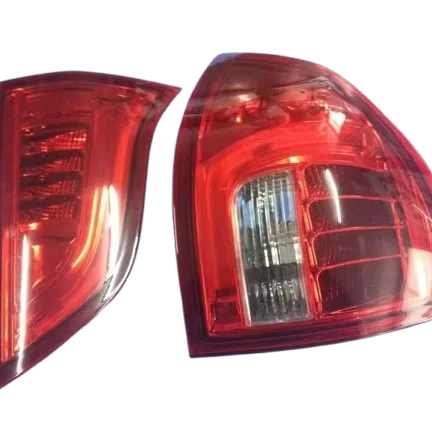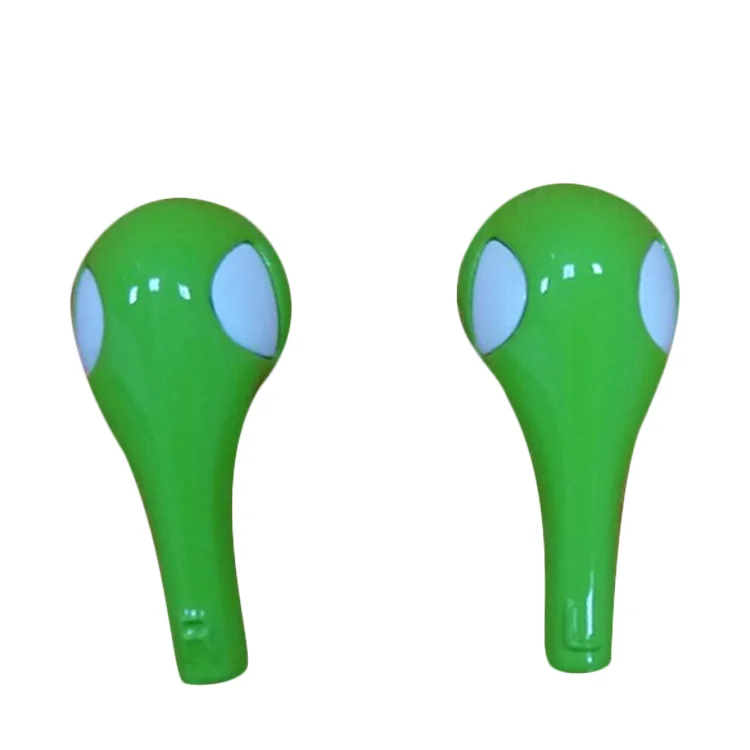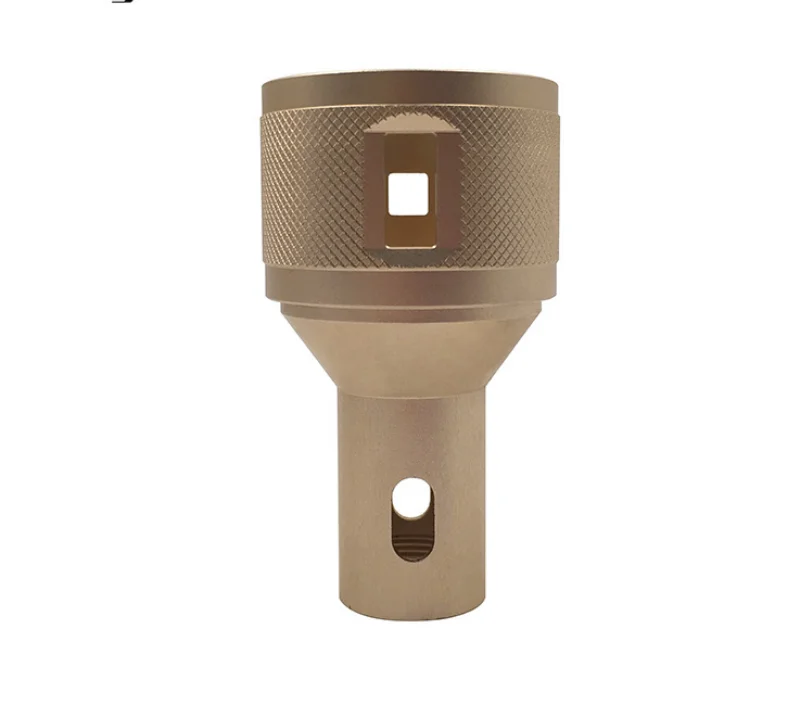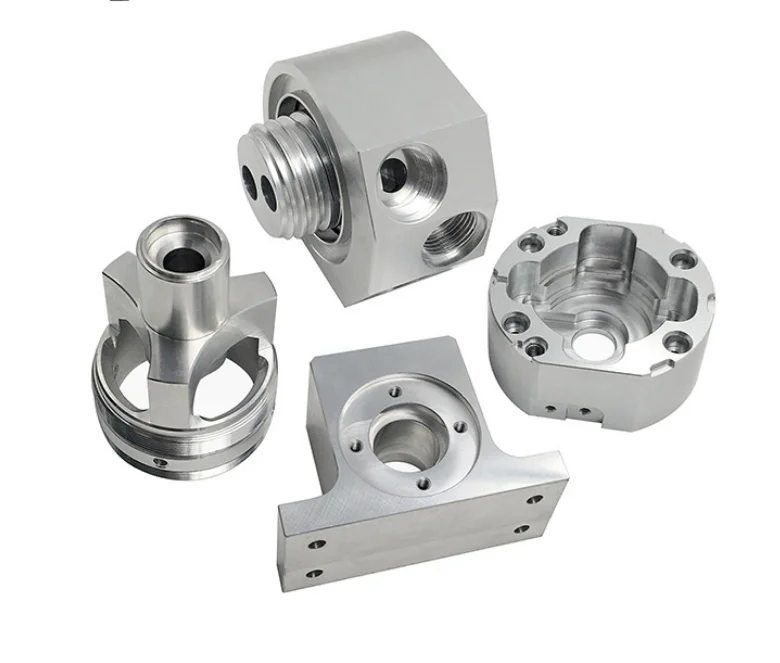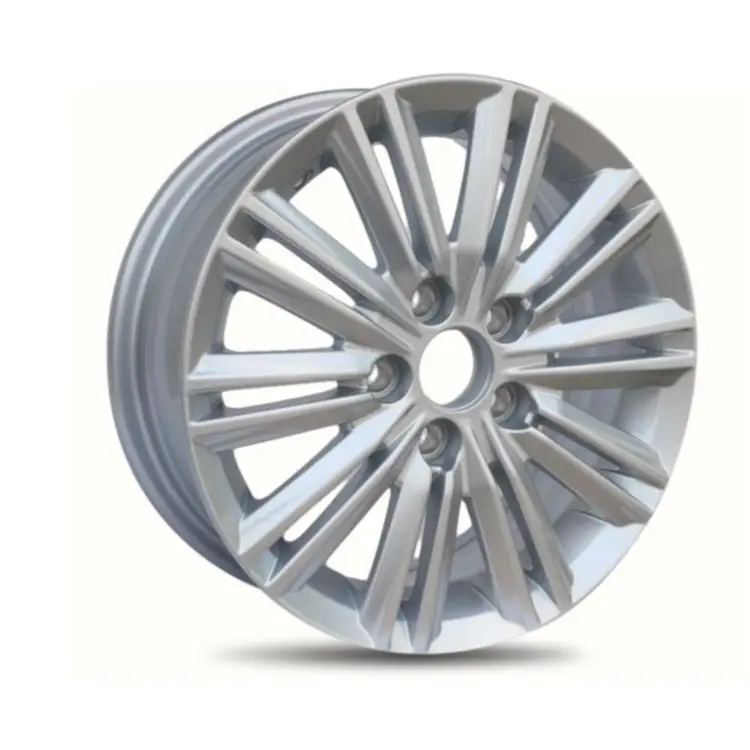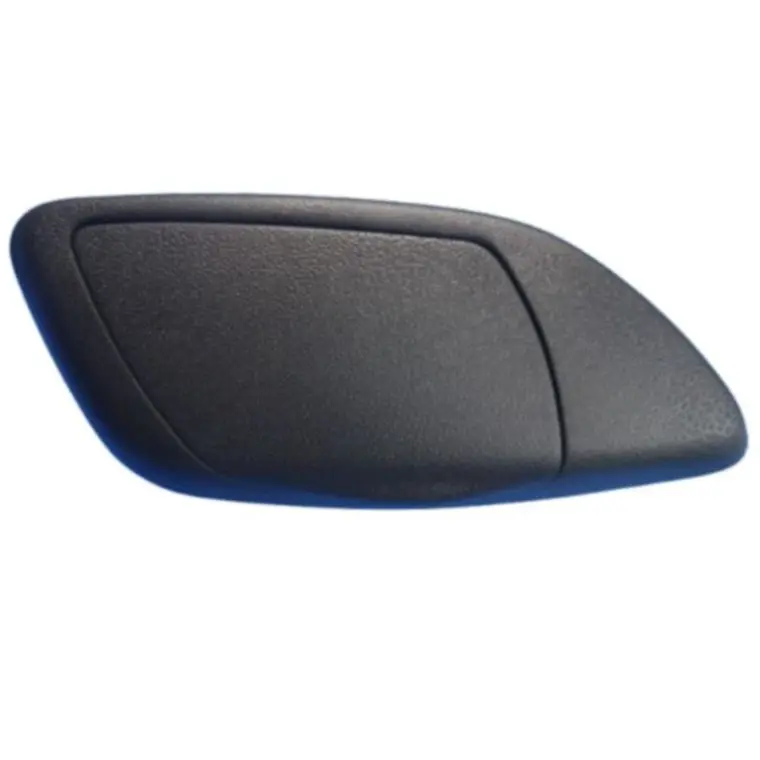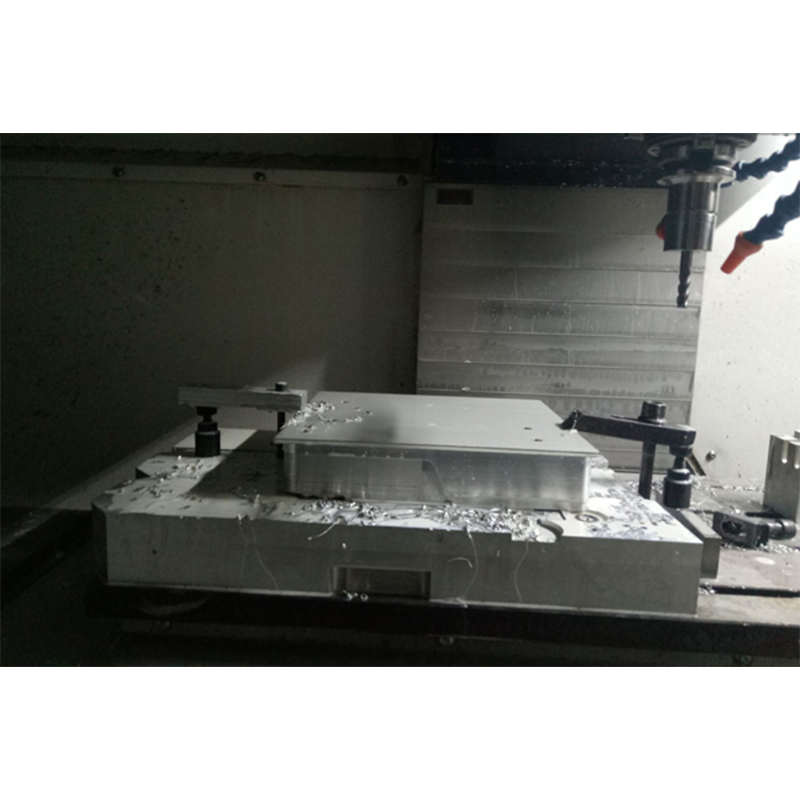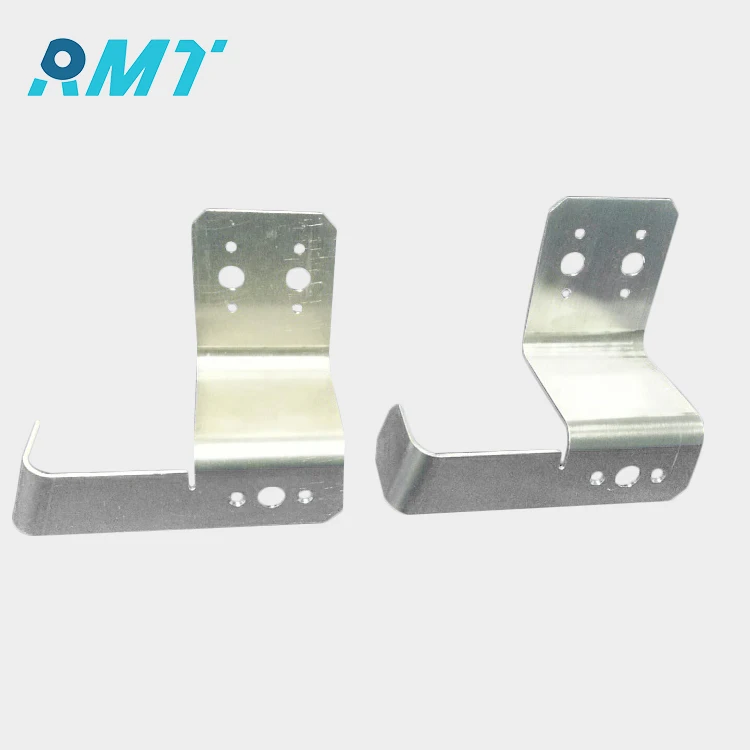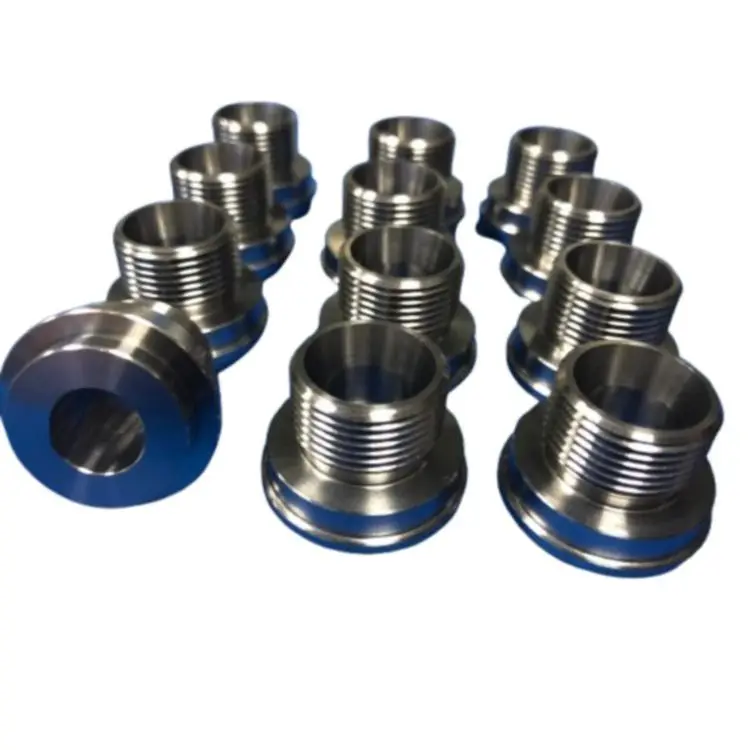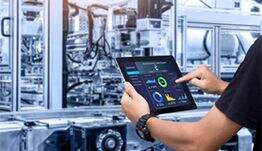Rapid Prototyping: Accelerating Product Development Cycles
How Rapid Prototyping Accelerates Product Development Cycles
Reducing Time-to-Market Through Agile Iterations
Getting products to market faster is one major advantage of rapid prototyping because it lets businesses try out different versions quickly based on what customers actually want. Companies that adopt agile approaches tend to work in smaller steps rather than big jumps, which helps them adjust when market conditions change unexpectedly. When prototypes go from concept to reality in just a few days instead of waiting months, teams make decisions much quicker and get things done faster overall. A recent study from McKinsey found that firms using these fast prototyping methods cut down their entire product development process by around 60%. For many manufacturers, this kind of speed makes all the difference between staying ahead of competitors and falling behind while trying to keep up with what consumers need right now.
Cost-Efficiency in Early-Stage Design Validation
Product development gets a lot cheaper when companies jump into rapid prototyping early on. Businesses can test out their designs before investing too much money, which cuts down on those expensive fixes that come up later in the process. What's more, spotting design problems upfront saves everyone headaches down the road. Many manufacturers now turn to 3D printing and other additive manufacturing techniques because they cut production expenses so dramatically compared to old school manufacturing approaches. According to research published in the Harvard Business Review, getting prototypes made early actually slashes overall product development costs somewhere between 20% and 30%. That kind of savings makes all the difference for startups and established firms alike trying to stay competitive in today's market.
Enhancing Collaboration Across Development Teams
When companies implement rapid prototyping methods, they tend to see much better teamwork between different departments. Designers can show their ideas to engineers and marketers through actual models instead of just talking about them. The right software and hardware for quick prototyping really helps everyone stay on the same page regarding what needs to be built and how it should look. Looking at real world examples from tech startups shows that when teams work together on prototypes early on, there's usually less friction later during production. The whole atmosphere becomes more creative because people can test out wild ideas without worrying about wasting resources. Most importantly, products coming out of these environments often end up being both more practical and genuinely innovative compared to traditional development approaches.
Critical Technologies in Modern Prototyping Services
3D Printing: Speed and Complexity in Concept Modeling
3D printing changed how we create concept models, turning abstract thoughts into physical prototypes much faster than before. What used to take weeks or even months now happens in days thanks to this tech breakthrough. The ability to make complex shapes that would have been impossible with traditional tools is one major advantage. For instance, engineers working on medical devices can test different plastic blends to find what works best for patients. According to market research firm Gartner, they estimate that around 10 percent of all manufacturing could involve 3D printing by 2025. We're seeing companies across industries rely more heavily on these printers for quick prototyping, which means products reach consumers sooner while still going through proper testing phases.
CNC Machining: Precision for Functional Prototypes
CNC machining has become essential for making precise prototypes needed for proper testing and validation work. These machines cut parts with such accuracy that they look almost identical to what gets produced at scale, which makes them indispensable when building prototypes that need to survive tough evaluation processes. What sets CNC apart is how flexible it is with different materials ranging from steel alloys to various plastic types, allowing engineers to test components under realistic conditions. Industry reports back this up too, with some studies indicating CNC prototypes match production quality around 90% of the time. Getting this level of precision matters a lot during testing phases because it ensures what gets tested actually reflects what will be manufactured, something particularly important in today's fast paced prototyping environment where time to market counts.
Integrated Approaches for Complex Fabrication
When it comes to solving complicated design problems during prototyping, combining different technologies like 3D printing with traditional CNC machining makes all the difference. This mixed method allows for putting together parts that need different levels of detail and accuracy, which really improves how well the final prototype works. Studies have shown that manufacturers who mix these approaches tend to finish their projects about 20-25% faster while maintaining good quality standards. What happens when we bring together these various manufacturing techniques? We get prototypes that are just plain more advanced than what was possible before. This combination helps shops keep up with the constantly changing demands of modern manufacturing without breaking a sweat.
RMTâs CNC Machining Solutions for Rapid Product Development
High-Quality Custom 5-Axis CNC Machined Parts
RMT stands out when it comes to offering top notch custom 5 axis CNC machining services. We produce detailed components that really speed up product development processes while maintaining both precision and lasting quality. With this cutting edge machining tech, manufacturers can create complicated shapes without needing multiple setups, which cuts down on production time considerably. What makes 5 axis machining so valuable is its incredible precision. Parts come out accurate right from the start, meaning fewer rejects and wasted materials. This translates into better productivity across the board and saves money in the long run for any manufacturing operation looking to stay competitive.
Precision 3-Axis/5-Axis Stainless Steel Components
At RMT we focus on machining stainless steel parts with real precision, using both 3 axis and 5 axis CNC machines to get those tight tolerances and smooth surfaces customers want. Stainless steel just makes sense for many tough applications because it doesn't rust easily and can handle a lot of stress over time. Our shop has gotten pretty good at working with these advanced CNC systems, which lets us tweak our processes when needed to match what clients actually need in their designs. Every part that leaves our facility hits those exact specs engineers call for, while still passing all our internal quality checks too.
Factory-Grade CNC Milled Cavity Parts
At RMT, we specialize in manufacturing high quality CNC milled cavity parts designed to work flawlessly even under tough conditions. Getting the machining right matters a lot because it directly affects how long these components last and how well they perform over time. Our parts go through rigorous testing procedures that meet all major industry specs. This means our customers in automotive, aerospace and other demanding fields can count on consistent results when their operations depend on reliable performance from day one.
Custom Threaded Stainless Steel Accessories
RMT offers custom threaded stainless steel accessories made right down to the last detail for various industries' special needs. Threading isn't just important it's absolutely critical for creating those secure connections in mechanical setups, which means everything stays stable and works reliably over time. We rely on advanced CNC machines at our facility to create these intricate threaded parts exactly as customers want them. Our engineers work closely with clients to understand their exact specifications, so each component we produce meets both functional demands and quality standards without compromise.
Durable CNC Turned Mechanical Parts
RMT produces tough CNC turned mechanical components designed to last and perform well under stress across many different applications. Their turning process creates precise round parts that can handle serious loads and wear over time. Because they can make these parts in large quantities, RMT meets the demands of several industries including automotive, aerospace, and industrial equipment manufacturing. The company's approach balances production speed with quality control so customers get reliable products without compromising on durability or precision requirements.
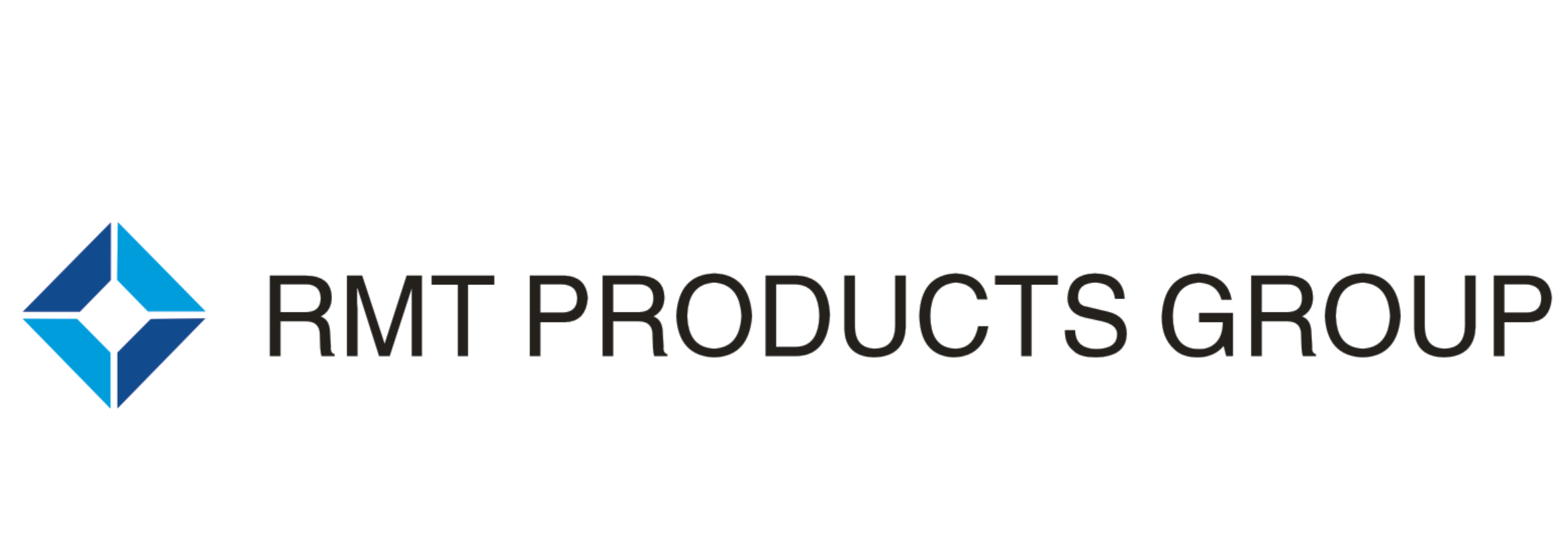
 EN
EN
 AR
AR
 BG
BG
 HR
HR
 CS
CS
 DA
DA
 NL
NL
 FI
FI
 FR
FR
 DE
DE
 EL
EL
 IT
IT
 JA
JA
 KO
KO
 NO
NO
 PL
PL
 PT
PT
 RO
RO
 RU
RU
 ES
ES
 SV
SV
 IW
IW
 LV
LV
 SR
SR
 SK
SK
 UK
UK
 GL
GL
 HU
HU
 TH
TH
 TR
TR
 FA
FA
 GA
GA
 CY
CY
 EU
EU
 BN
BN
 BS
BS
 LA
LA
 NE
NE
 SO
SO
 KK
KK
